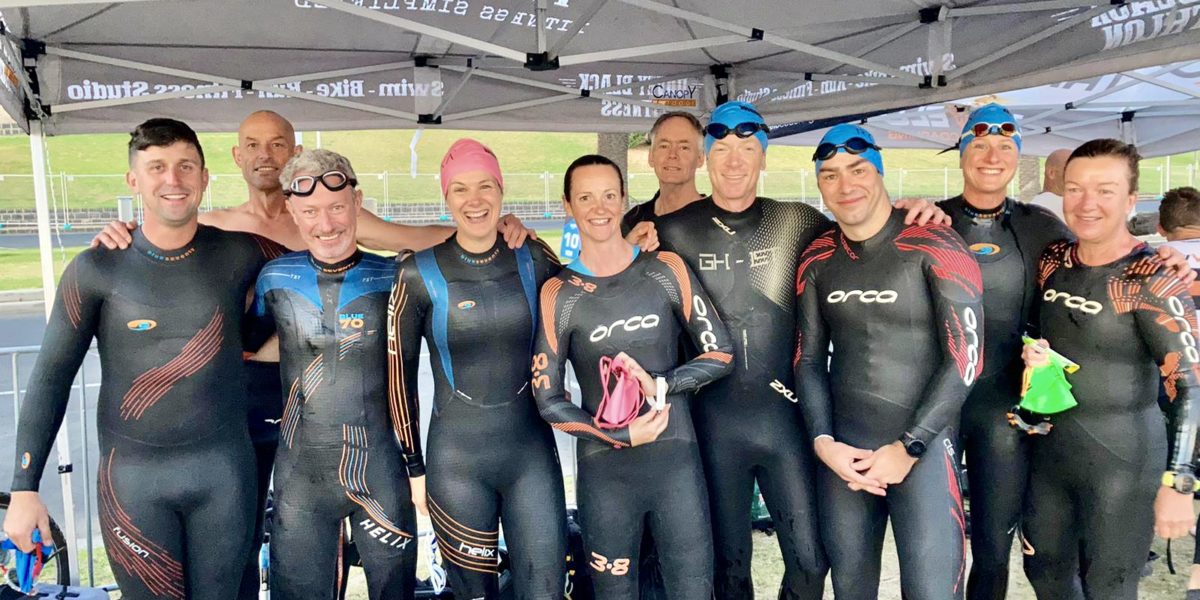Participating in organised sport has countless positive effects for both the body and the mind. The more you practice the sport you love, the more your body and mind will give back to you. This is true for both emotional stability or overall physical health. It is not uncommon, however, to run into times when staying connected to the sport is difficult and requires an extra push.
We have all had many and varied reasons that have caused us to stop training. It can come in the form of work, family situations, or personal reasons. There is always going to be a reason not to train towards our goals, but similarly, there will always be reasons and strategies to keep us pushing and aiming towards our athletic dreams.
In this blog I’ll talk about strategies to keep yourself motivated and consistent with your training. These strategies will aim to keep you connected with your athletic self as well as keeping you fully engaged and constantly improving in your chosen sport.
Find stronger and faster athletes and train with them: Aiming to have someone to look up to will be a strong motivation for you to keep showing up. Group sessions are amazing to find and meet new friends, as well as finding new strong athletes.
Keep an eye on your recovery: By allowing your body to fully recover, you will be able to push harder on the hard sessions, improving your physical fitness. Be sure to have proper sleep, keep an eye on your nutrition strategy and making sure that your easy sessions are always very easy. By making sure that you are allowing your body to recover fully, you will not dread the idea of going for a run. Instead you will feel strong and motivated, and you will also avoid the risk of injury.
As an example, for an easy run you should aim to keep your heart rate low (Z2) and your pace 1 to 2 minutes slower than your Threshold pace.
Reward yourself: If you have a long session ahead, plan on giving yourself a nice reward after the effort. A reward can be something as simple as a desert or a coffee or a donut. It may also be something much more emotionally valuable like sharing a coffee with your friends or a moment with a loved one. Any reward that keeps you on track when you feel that you want to stop.
Find new routes: Your brain will always try to prepare for the course ahead, if there is a completely new route, your brain won’t have the chance to be lazy as nothing on your route will be predictable or monotone. This will make every session a completely new experience. Drive to new places, sign on to events at locations where you have never been, aim to travel to new destinations. This sport can be the perfect excuse to travel to places you have never been before.
Cheer on random runners/cyclists: It is a proven fact that cheering on other athletes will give you small chunks of endorphins. The more you cheer on different athletes along the way, the easier it will be for you to stay positive and deal with the fatigue and pain from the effort. In the end, on a running event or a triathlon, all athletes run as one. Growing together will make us stronger.
Not every race is meant to be a PB: Some athletes tend to be highly competitive and are used to pushing every session to the absolute limit. Dedicating some events and sessions just to having fun will allow you to take some pressure off and it will become an opportunity to connect with your friends and fellow athletes.
Connect with the athletic community: There are many ways to connect with the community, from finding a Triathlon club to engaging in different roles around the sport. Finding a team, a coach, or even an online triathlon coach if you are remotely based, will allow you to freely speak, question and comment on any topic you wish to talk about. It will also be positive as it helps you connect with like-minded people with similar objectives and goals. On the other side, being part of the sport does not solely mean being an athlete. You can read this blog to check all the amazing roles around Triathlon. Behind the Scenes on Race Day | Davey Black Triathlon
A bad session is much better than no session at all: More often than not we think too much about doing the session exactly as planned in terms of timing and intensity. But, sometimes, life has other plans for us. If you have a long run but you count with less than enough time for it, then aim to do as much as possible. It is better to do something than not doing anything at all.
Remember that in the end, Triathlon and Running can grow to become an important part of you, but it is not the only one. Think about connecting with friends and staying physically and emotionally healthy. Finally remember that every athlete is travelling their own journey, some might be pushing their personal bests on a weekly basis while some others might just be coming to grips with this athletic lifestyle. Comparing your results with someone else’s can only be damaging to your mental health. Be compassionate with others, and be even more compassionate with yourself.

